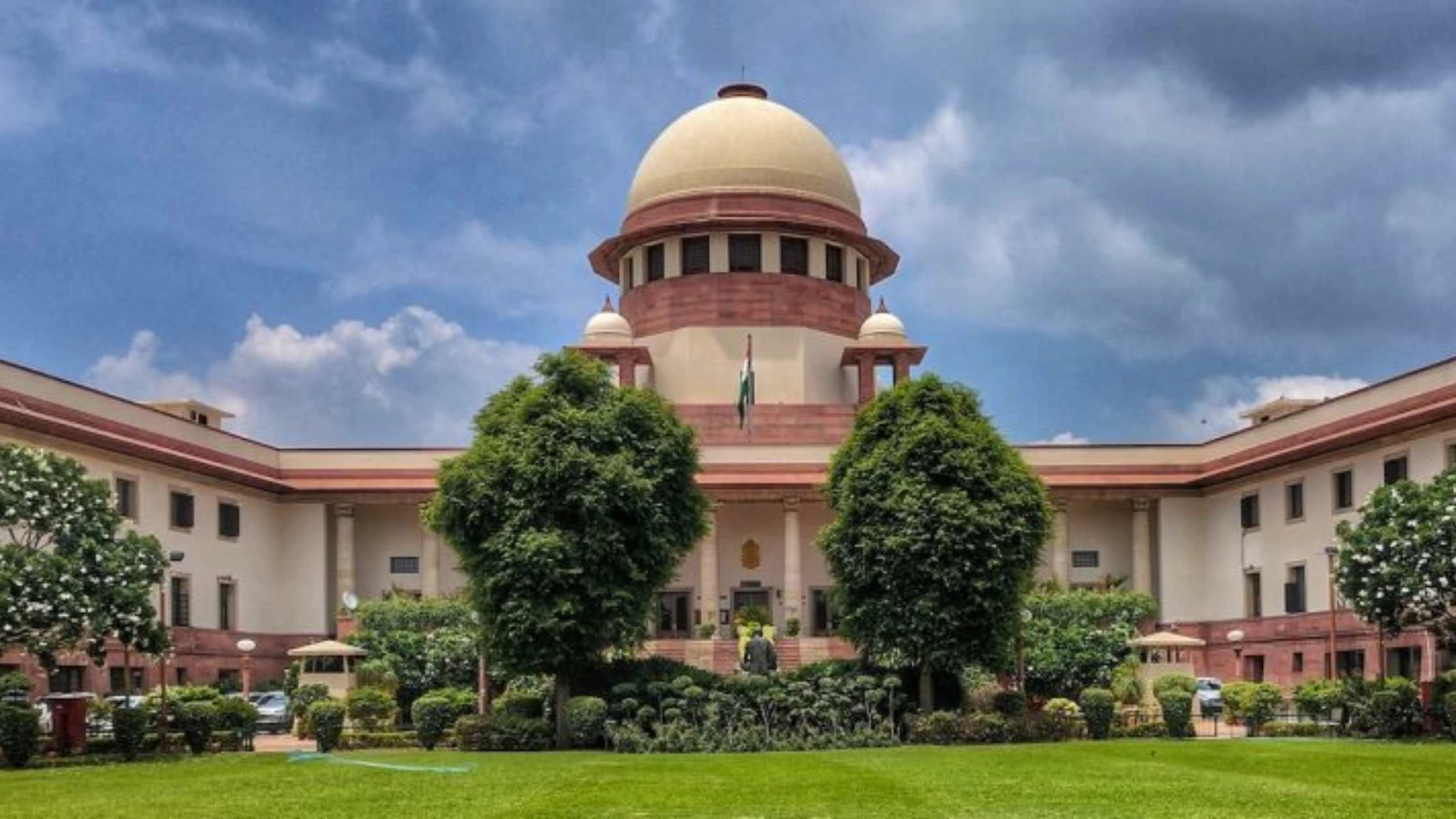Table of Content
▲
Parking is a crucial amenity in residential societies, yet disputes over parking charges are not uncommon. Many residents wonder: Can a society charge extra for parking? What’s legal and what’s not? In this blog, we’ll explore the legal framework governing parking charges, the rights of residents, and the responsibilities of housing societies. Whether you’re a resident facing extra fees or a society member involved in decision-making, this guide will help you understand your rights and the legal boundaries related to parking charges.
What Are Parking Charges?
Parking charges refer to fees imposed by a residential society for the use of designated parking spaces. These charges can be a one-time fee, a recurring monthly fee, or a one-off purchase cost. Societies might levy extra charges for premium or covered parking spaces, depending on their amenities and location. However, the legality of these fees often depends on local laws and the society’s byl aws.
Legal Framework and Guidelines
In India, the authority of a residential society to impose extra charges for parking is typically governed by:
- The Society’s Bye-laws:
The bye-laws of a housing society, registered under state-specific legislation (such as the Cooperative Societies Act), outline the rules regarding common expenses, maintenance charges, and additional fees. If the society’s bye-laws specifically mention extra charges for parking, then the society may legally impose such fees. - Local Regulations and Guidelines:
Municipal or local governing bodies may have guidelines regarding the charging of fees for common amenities like parking. These guidelines are designed to ensure fairness and prevent exploitation. - Consumer Protection Laws:
In cases where parking charges are perceived as exorbitant or unfair, residents can seek redressal under consumer protection laws. Transparency and fairness in fee imposition are key requirements.
Also Read: BPTP Group to Invest ₹3000 Crore in New Luxury Housing Project in Gurugram
When Is Charging Extra for Parking Legal?
1. Clear Provisions in Society Bye-Laws
If a society’s registered bye-laws explicitly authorize the imposition of extra charges for parking facilities, then it is within legal rights to do so. These bye-laws are agreed upon by the members of the society and can be amended through proper democratic procedures. Key points include:
- Transparency:
The bye-laws should clearly specify the criteria and calculation for extra charges. - Approval Process:
Any amendments to introduce or change parking charges typically require a vote or consensus from society members.
2. Value-Added Services
Many societies offer premium parking spaces with additional facilities such as covered parking, enhanced security, or automated entry systems. Charging extra for these enhanced services is generally considered legal, as long as:
- Service Differentiation:
The additional charges are clearly justified by the extra benefits provided. - No Arbitrary Increases:
The fee structure should be based on actual costs incurred and should not be arbitrary.
3. Regulatory Compliance
Local municipal guidelines or state-level regulations sometimes permit societies to levy extra fees for the maintenance and improvement of parking facilities. Compliance with these regulations ensures that the society’s actions are within the legal framework.
When Is Charging Extra for Parking Not Legal?
1. Absence of Clear Authorization
If a society imposes extra parking charges without proper authorization in its bye-laws, such actions may be deemed illegal. Residents can challenge such fees if they were introduced without proper consensus or if the bye-laws do not mention additional charges for parking.
2. Unreasonable or Exorbitant Fees
Even if extra charges are permitted, the fees must be reasonable and reflective of actual costs. Charging exorbitant amounts without clear justification can be contested as unfair or exploitative:
- Consumer Protection:
Residents may file complaints under consumer protection laws if the extra charges are found to be excessive. - Judicial Intervention:
In some cases, courts have intervened to cap unreasonable charges imposed by residential societies.
Also Read: Hiranandani Group Partners with Krisala Developers for a ₹7,000 Crore 105-Acre Township
3. Lack of Transparency
A lack of clear communication regarding the fee structure can render the charges illegal. All residents must be informed about the purpose, calculation, and usage of the extra fees:
- Detailed Disclosure:
The society should provide detailed breakdowns of how extra parking fees are calculated and how the funds are utilized. - Periodic Review:
Transparent practices include regular reviews and audits of fee structures, ensuring they remain fair and justifiable.
How to Protect Yourself Against Unfair Parking Charges
1. Review Society Bye-Laws
Before moving into a society, thoroughly review its registered bye-laws to understand what charges you might be liable for, including any extra fees for parking. If you notice any ambiguities or unfair clauses, raise them with the society’s managing committee.
2. Engage in the Democratic Process
As a member of your residential society, participate in meetings and discussions regarding fee structures. If extra parking charges are proposed, ensure that they are:
- Debated Openly:
Engage with other residents and seek clarity on the necessity and justification for the fees. - Voted Upon:
Ensure that any changes to fee structures are approved through proper democratic procedures as outlined in the bye-laws.
3. Seek Legal or Professional Advice
If you believe that the extra charges are unfair or illegal:
- Consult a Lawyer:
Seek legal advice to understand your rights and the possible legal remedies available. - Approach Consumer Forums:
In cases of excessive or arbitrary charges, filing a complaint with a consumer forum may help resolve the dispute.
4. Document Everything
Keep a record of all communications, notices, and meetings regarding the imposition of extra parking charges. Documentation can be crucial if legal action becomes necessary.
Conclusion
The question “Can a society charge extra for parking?” is one that every resident in a housing society should understand. The legality of extra parking charges hinges on clear provisions in society bye-laws, reasonable fee structures, and full compliance with local regulations. While enhanced services like covered parking or superior security can justify additional charges, these fees must always be transparent, fair, and based on actual costs.
For residents, being proactive by reviewing bye-laws, engaging in community discussions, and seeking professional advice is key to protecting your rights. A well-regulated and transparent approach to parking charges ensures that both the interests of property owners and the society as a whole are maintained.
Stay informed, participate actively in your society’s governance, and don’t hesitate to take legal action if you believe that parking charges are being imposed unfairly. With these measures in place, you can ensure that your home remains a secure and well-managed space, free from exploitative practices.
Also Read: How Budget 2025 Impacts Homebuyers: Affordable Housing

_11zon_1740133840.webp)




_1771410929.webp)


Ans 1. It occurs when someone occupies or claims ownership of property without legal rights, through squatting, fraudulent transfers, or title disputes.
Ans 2. Owners can secure and regularly update property documents, install security measures, and conduct periodic inspections to detect unauthorized occupancy early.
Ans 3. Common cases include squatting in vacant properties, fraudulent property transfers, and disputes arising from ambiguous or forged titles.
Ans 4. Legal actions include filing a suit for possession, initiating eviction proceedings, seeking court injunctions, and, in cases of fraud, pursuing criminal charges.
Ans 5. Collect photographs, maintain copies of all property documents, obtain witness statements, and file a police complaint to build a strong legal case.
Ans 6. If you suspect unauthorized occupancy or discover discrepancies in property documents, consult a property lawyer immediately for proper legal guidance.
Ans 7. RWAs can monitor local activities, facilitate community action, and collectively address safety concerns with building management and legal authorities.
Ans 8. Yes, if you face exorbitant charges or unfair practices regarding property possession, you can seek redressal through consumer forums and legal channels.
Ans 9. Mediation can be a faster, less adversarial method to reach a mutual agreement between parties, though any settlement must be voluntary.
Ans 10. Immediately file a police report, consult a lawyer to initiate legal proceedings, and notify the relevant authorities to protect your property rights.